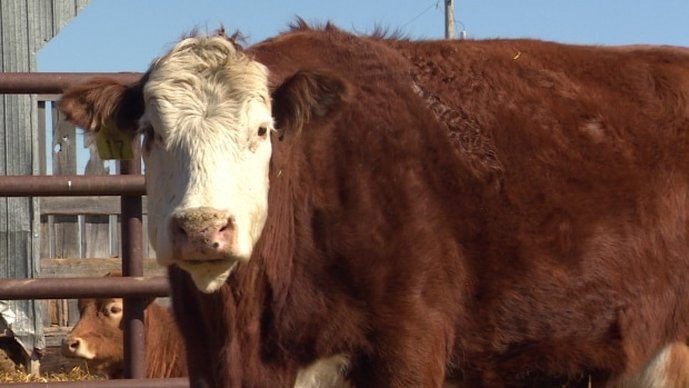|
HALIFAX -- The federal government plan for all provinces to adopt carbon pricing schemes by 2018 could have a substantial impact on commercial food production, says a Halifax-based expert in food distribution and policy.
Also read, Average Canadian family to spend more on food in 2017, Dalhousie University report finds. Sylvain Charlebois is dean of Dalhousie University's faculty of management. He spoke with CBC Nova Scotia's Information Morning host Don Connolly. Here is part of that interview, which has been edited for length and clarity. Connolly: Explain the connection between a national price on carbon and the price of food at the store? Chalebois: Since Jan. 1, both Alberta and Ontario have seen the effects of a carbon tax. Putting a tax on carbon is, frankly, a good idea, it's a must. However, when you look at our food systems in Canada, we are highly vulnerable to currency fluctuations. We're trying to ramp up our food production domestically. But with Canada moving ahead with putting a price on carbon — and in the U.S. things will remain idle on the climate front for a while with a Trump-Pence administration — many in the Canadian agri-food industry are fearful that Canada may lose its competitiveness in agriculture. Connolly: Two streams in this discussion. One, the cost for consumers of a price on carbon. And, two, the effect on food producers and farmers. Chalebois: As you look at the entire food system, from farm to fork, everyone will be affected by a national price on carbon. It will discriminate against energy-intensive sectors such as livestock, for example. When I think of agriculture in Nova Scotia I think of the wine industry, blueberries, fisheries, lobster ... these sectors may be less effected, compared to cattle. When you look at the price of carbon and how it would impact competitiveness at the farm, it will be difficult from a price point for them to argue to grocers — who are really feeding us — to buy Canadian when down in the U.S. or even Mexico or somewhere else around the world those products aren't necessarily subject to a carbon tax, and the price point for those goods will be much better than a Canadian product. That's why food security may not be an issue, because Canadians will always have access to affordable food. But Canadians may end up with actually less access to Canadian-grown foods. Connolly: Let's try to get a concrete example. Here's a red pepper, grown in a greenhouse in Canada. The price on carbon will basically be a function of how much energy that greenhouse operator uses, right? Chalebois: That is right. Over the last few years, because we've been talking so much about produce prices, there's been an influx of greenhouses in southern Ontario and many places in Canada to ramp up our productivity. Now, this carbon pricing actually puts the Canadian greenhouse sector in a weak position. Again, I think it's good to put a price on carbon, but we need to be mindful with how it will affect our food system here, compared to other food systems around the world. Connolly: Wouldn't there be a possibility the federal government would say, 'Look, we need to balance things out to protect our producers, so we'll have to put up a tariff to penalize products from outside of Canada that aren't subject to a price on carbon'? Chalebois: That's why clarity and transparency is key, which is why I think the B.C. carbon tax model is a good one for the whole country. It's a revenue-neutral model of putting a price on carbon, so that whatever money the province gets back from the carbon tax, it gives back to its citizens and its economy by reducing other taxes. Whereas in Ontario, it's adopting a cap-and-trade model, which is highly-complicated and it's not very transparent. So nobody really knows where the revenue and investments from that taxation are going. Whatever policy you're trying to implement to encourage Canadians to eat Canadian, things get fuzzy under the Ontario model. Whereas B.C., since 2008, things are moving along quite nicely. And on top of that, emissions there are starting to drop. SOURCE CBC News
0 Comments
Leave a Reply. |
Advertisement
News & Updates
Stay informed with the latest news around foodservice, agriculture and other related food news. Advertisement Opportunities
|


 RSS Feed
RSS Feed


